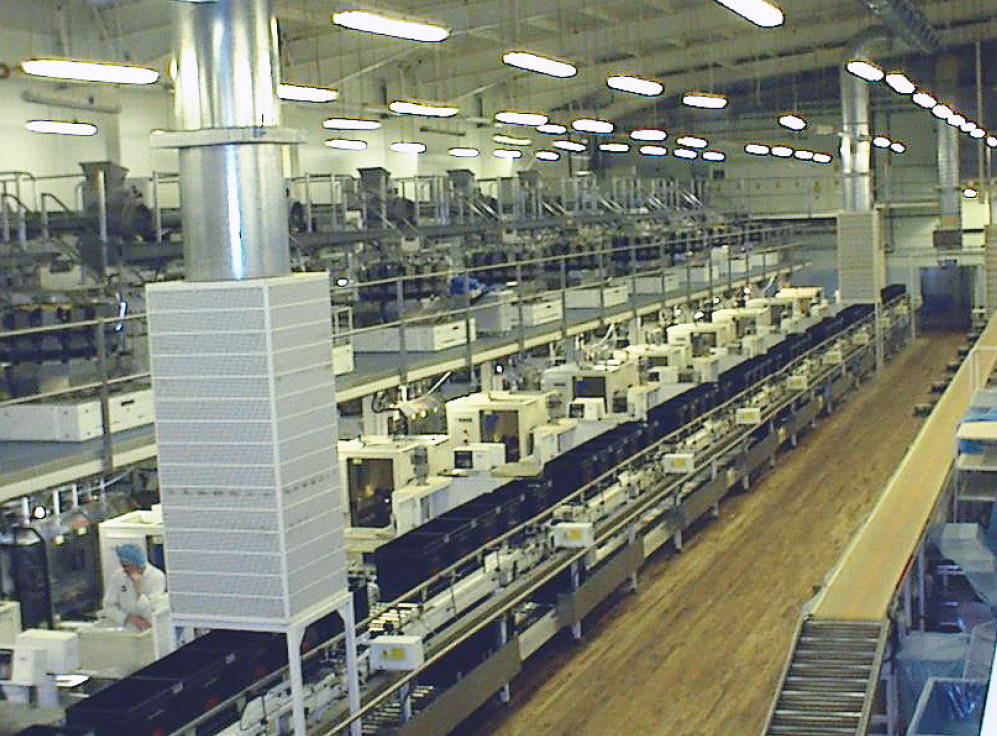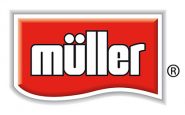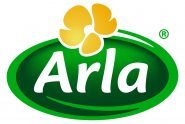Is energy usage too high in your production facility?
Penmann has proven solutions to make food manufacturing businesses more efficient by reducing energy usage at all stages of the production processes. Efficiency improvements are vital to your bottom line, to improving your carbon footprint, to a customer’s perception of your brand and to the effectiveness of your processes.
As 100% Food Industry specialists Penmann draws on a vast armoury of knowledge and sector expertise to advise, recommend and implement alternative air handling systems that significantly reduce the cost of energy bills. An upgrade of old or poorly performing mixing systems to achieve new displacement standards is often achievable.
Penmann’s strategy is based on the use of displacement principles in air handling systems that significantly outweigh conventional air mixing ventilation, especially in areas with high heat loads, large internal volumes and high roofs.
A key feature of displacement technology is how air is delivered into the production area. Low velocities are used, allowing cool fresh air to drop to low level ensuring optimum cooling is provided to the occupied zone. Warm air (along with any airborne contaminants and odours) is displaced to high level where it is extracted.
Compared to conventional mixing systems, displacement is more energy efficient as it only requires 65% of the air volume to achieve the same internal conditions. This represents an approximate saving of 35% in fan power. When mechanical cooling is required then further significant savings can be made in plant size and annual running costs.
Penmann’s expertise in air displacement is well evidenced by their work for KP Foods where an existing plant served two packing halls with an area in excess of 13500m2 and a cooling load greater than 1MW. The system was unable to meet cooling requirements and was proving difficult to maintain.
Describing the work involved in the upgrade to the displacement air conditioning system, John Kirwin, Penmann’s Commercial Director, said:
“We redesigned the system to operate as a displacement system. The air handling plants were reduced by 50%, with any retained units being refurbished. The sock air distribution system was replaced with floor-mounted displacement terminals. Some terminals were mounted above production equipment due to floor space restrictions.
The refrigeration was replaced with a new plant approximately one-third the size of the original. The new system only requires a supply air temperature of 17°C to 26°C in the occupied space, enabling the use of free cooling for most of the year. It also has the added benefit of minimising the amount of recirculated room air.
The benefits of the conversion were multiple with an estimated reduction in electricity costs by more than £70,000 per annum alone. Service and maintenance costs were also significantly reduced as the requirement to remove and launder socks has been removed.
Filter life has been extended and the refrigeration plant is only required to operate for 30% of the year. Staff also benefit from the improved working environment. This project had a payback time of just two and a half years”.
Penmann’s holistic approach to displacement ventilation results in a host of benefits to clients for whom they have completed contracts. Major brands, in addition to KP, including Muller, Intersnack, Mars and Kerry are experiencing a range of benefits, typically:
- The most efficient use of fresh air delivered to where it’s needed
- Reduced energy consumption when compared to conventional mixing systems
- Displacement air volumes are only 65% of equivalent mixing systems
- Contamination dilution rate 10 times more effective than mixing
- Improved environmental conditions removing low level contaminants, dust and fumes
- Reduced thermal stress on electrical components
- Less air and less filters required, reduced maintenance costs
- Flexible to locate and deliver localised ‘spot’ cooling
- Modular solution, easy to move, add to, or remove should conditions change
- Lower life cycle costs
With energy efficiency in the food industry high on the agenda a review of your existing air handling and cooling systems could pay large dividends. Your company could benefit in the long run from more effective cooling of products and personnel, lower energy bills, a reduced carbon footprint and an effective ROI on your investment in efficient system design and products. Time to call Penmann on 0113 203 7300. Or browse our website case studies.







